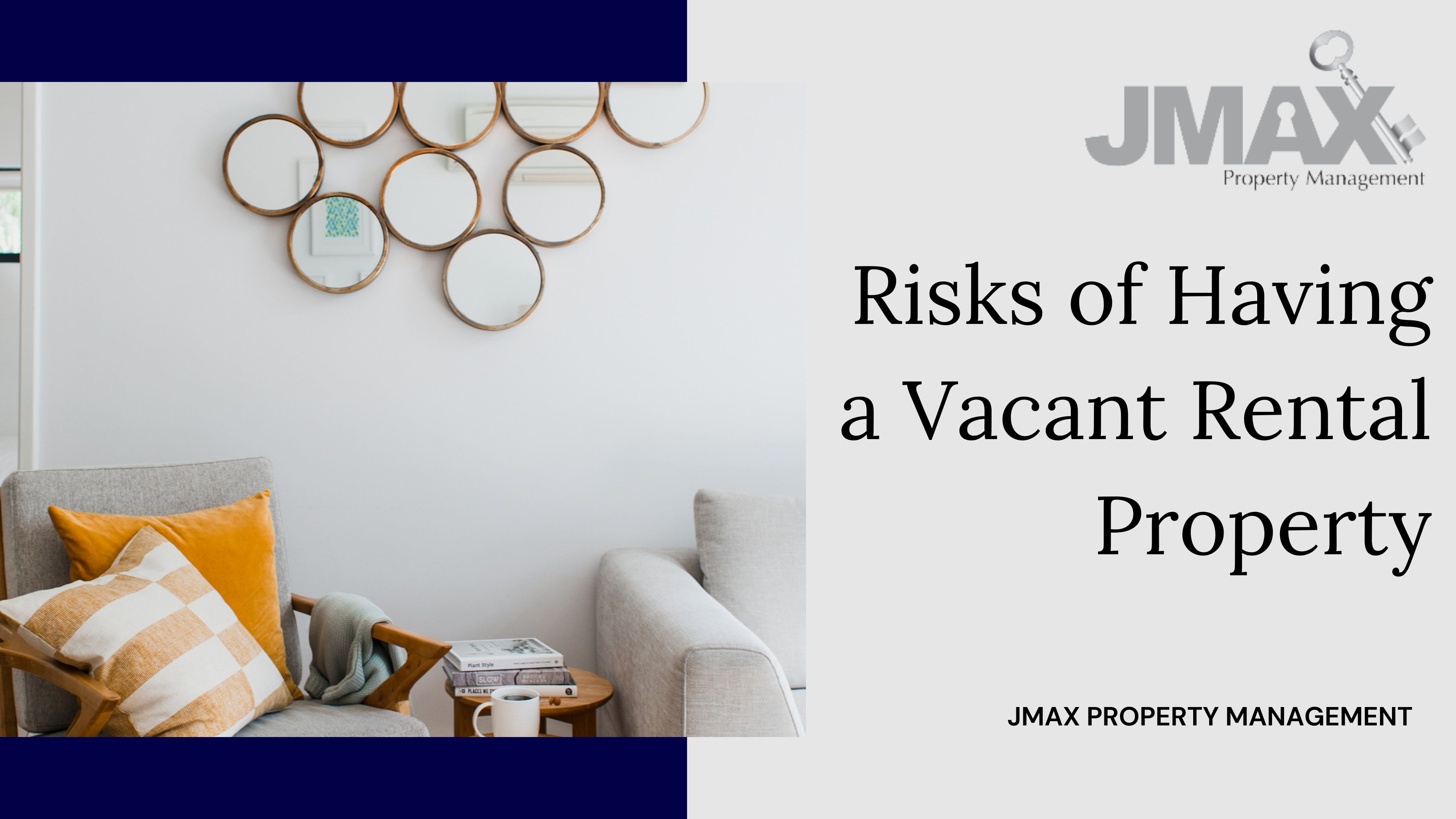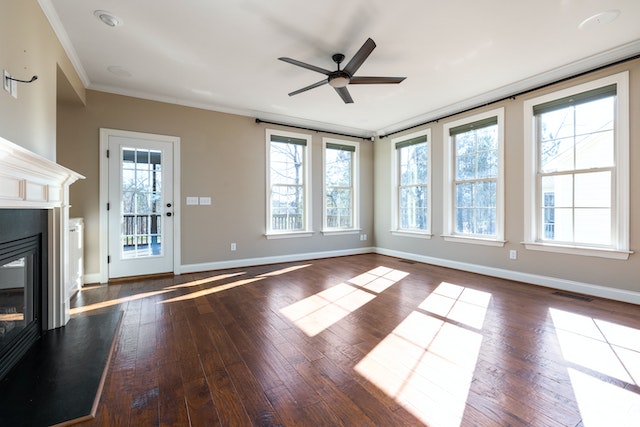
Investing in rental properties is one of the most rewarding real estate investment strategies. However, it can also be very challenging. One of the most significant concerns for landlords is the risk associated with having a vacant rental property.
While it’s natural to hope for a continuous stream of responsible and reliable tenants, the reality is that retaining tenants can be difficult, and vacancies are inevitable in the rental business.
The risk of having a vacant rental property does not end with income loss alone. There are other concerns that landlords encounter when dealing with vacant rental properties. It’s crucial to be aware of these risks and to know how to mitigate them.
Here are the risks of having a vacant rental property:
1. Lost Rental Income
One of the most obvious risks of having a vacant rental property is the loss of rental income. When your property is empty, it generates no revenue, leaving you to cover all the property-related expenses from your own pocket.
This can be financially challenging, especially if you rely on rental income to cover your mortgage, taxes, and maintenance costs. The longer your property remains vacant, the more severe the financial strain becomes.
To mitigate this risk, it’s essential to have a financial buffer or savings to cover expenses during vacancies. You should also set your rental rates competitively to attract potential tenants quickly.

In addition, having an effective marketing strategy in place is necessary. Make sure to market your property as quickly as possible every time a lease term ends. This way, you will increase your property’s exposure, as well as its chances of getting rented out right away.
2. Property Deterioration
A vacant rental property is more susceptible to deterioration and damage. Without a tenant in place, you might not catch maintenance issues as quickly as you would with an occupant.
Small problems can escalate into expensive repairs if left unattended. Moreover, vandals, squatters, or even wildlife can cause damage or make your property unsafe, further escalating your expenses.
To address this risk, conduct regular property inspections, even when your property is vacant, and address maintenance issues promptly. You can also consider hiring a property management company to take care of routine inspections and maintenance tasks if you cannot commit to these inspections yourself.
3. Increased Holding Costs
Holding costs for vacant rental properties can add up quickly. These expenses may include property taxes, insurance, utilities, and association fees.
When you have multiple vacancies or a property that stays empty for an extended period, these costs can significantly impact your cash flow—especially that you are not earning income from rent.
To minimize these holding costs, consider working with a property management company that can help you find ways to reduce property tax assessments. You may also explore the possibility of appealing your property’s tax assessment.
Additionally, you can try to negotiate with utility providers for vacant property rates during extended vacancies.

4. Increased Risk of Theft and Vandalism
Vacant properties are more attractive targets for thieves and vandals. Your rental property may be at risk of break-ins, theft, and vandalism when left vacant for too long, which can result in not only financial losses but also the headache of dealing with repairs and insurance claims.
To reduce the risk of theft and vandalism, consider installing security measures such as alarms, surveillance cameras, and proper lighting. Regularly inspect the property to ensure it remains secure, and notify local law enforcement about the vacancy to increase security presence.
5. Negative Impact on Property Value
Properties that have been vacant for a long period can adversely affect the perceived value of your asset. Neighboring properties may also experience a decline in value due to a nearby vacant home. This can make it harder to attract potential tenants once your property is ready to be rented again.
To combat this risk, maintain the appearance of your property as much as possible during vacancies. Regularly mow the lawn, clean the exterior, and ensure the property looks well cared for. A well-maintained property is less likely to have a positive impact on the value of the neighborhood.
6. Squatters
Squatters, who are individuals who occupy vacant properties without legal authorization, also pose an additional risk to landlords with vacant rental properties. While it may seem surprising, squatters can take advantage of empty homes, especially if they remain unattended for extended periods.

These unauthorized occupants can lead to a host of problems, including property damage, legal challenges, and security concerns.
Also, evicting squatters can be a complex and time-consuming process, as the legal system often provides protections for squatters in some jurisdictions. This can lead to significant legal expenses and delays in regaining control of your property.
Furthermore, squatters may engage in illegal activities on your property, creating security risks for your neighbors and the community. This can damage the reputation of your rental property and even lead to disputes with local law enforcement.
To mitigate the risk of squatters, it’s essential to maintain a secure and well-monitored property. Regular inspections and prompt action to remove unauthorized occupants are crucial.
In some cases, you may want to explore additional security measures such as boarded windows, alarm systems, and a vigilant local community watch. Staying proactive in addressing this risk can help protect your property and your investment.
7. Difficulty Finding Qualified Tenants
When a rental property sits vacant for an extended period, it can be a red flag to prospective tenants. They may wonder why the property hasn’t been rented, which can make it more challenging to attract qualified tenants when you finally find someone interested.
Long vacancies can also erode the reputation of your property as a desirable place to live.

To address this risk, it’s crucial to actively market your property effectively, price it competitively, and ensure it’s in excellent condition. Consider hiring a professional property manager to help you craft an appealing listing to attract a larger pool of prospective tenants.
Bottom Line
Owning rental property can be a profitable venture, but it’s not without its share of risks, especially when dealing with vacant properties. With proper planning, proactive maintenance, and a strategic approach to marketing, these risks can be mitigated, and your vacant rental property can become a valuable asset in your investment portfolio.
Consider working with a reliable property management company to help mitigate the risks associated with vacant properties. JMAX Property Management is here to help! Contact us to learn more of our services.


